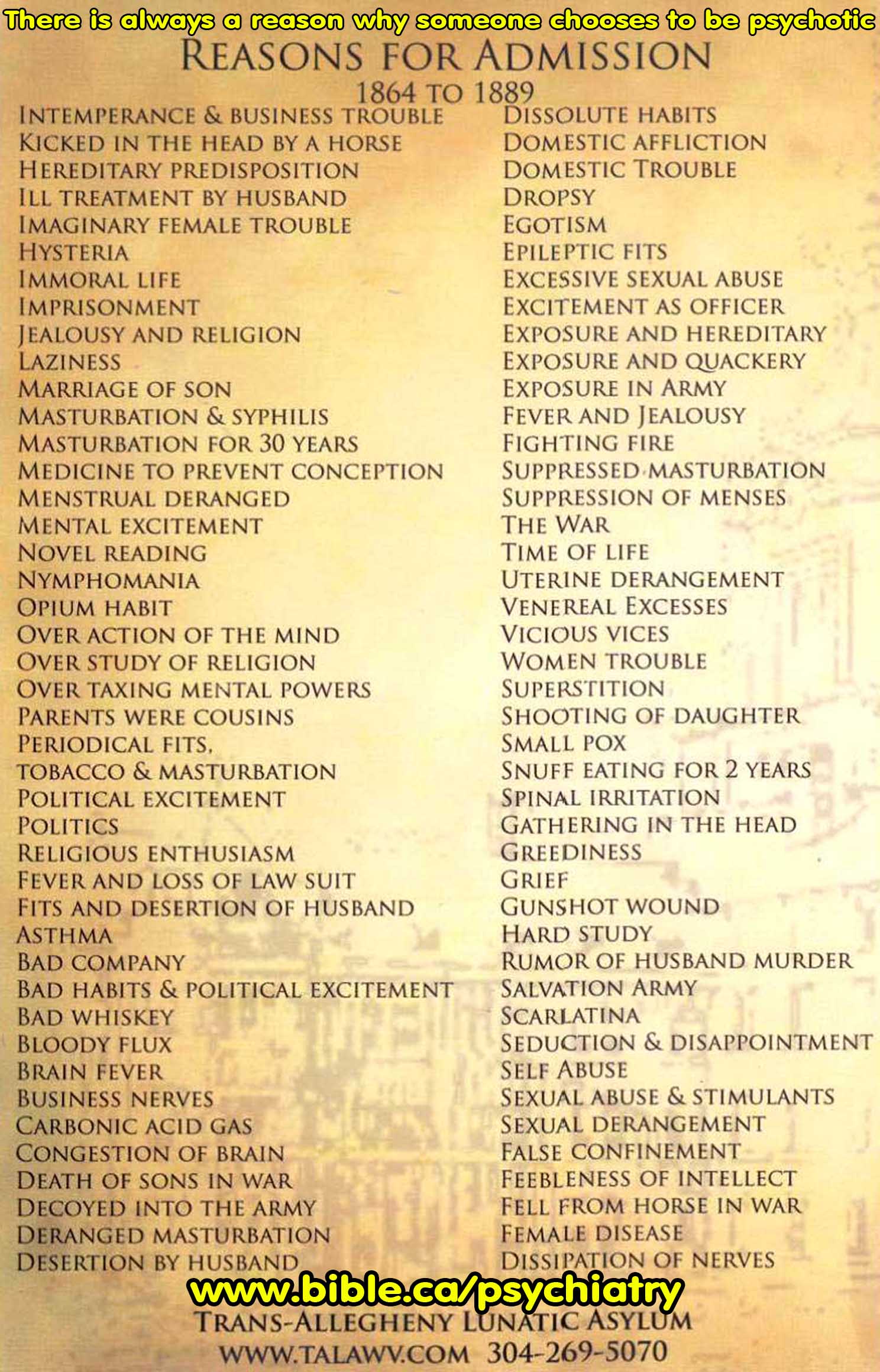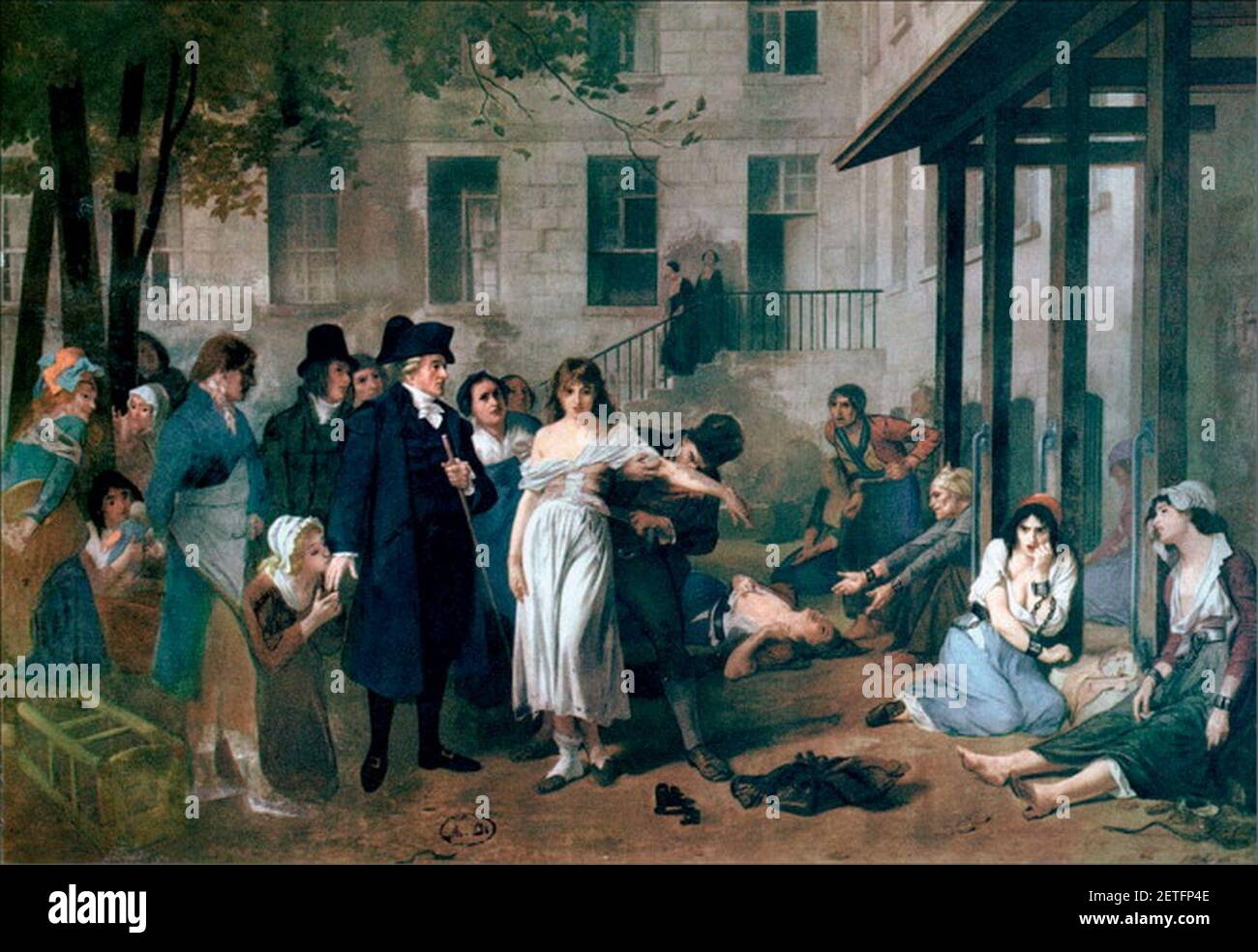Philippe Pinel - A New Way For Mental Health
Imagine a time, not so long ago, when people dealing with mental distress were often kept in conditions that were, frankly, very difficult to witness. It's almost hard to picture, but many individuals were treated with a harshness that offered little hope for getting better. This was a common situation, and it was a reality that needed someone to step forward and suggest a different path, a more kind approach, for those who needed care.
Then came a person whose ideas truly shifted how we think about mental well-being. This individual, Philippe Pinel, helped change the way society looked at and treated people experiencing mental health challenges. His actions, you know, were a big part of starting a new way of thinking about these important issues, moving away from old, often cruel, customs.
He was a French physician who saw something different in those considered "insane." He saw human beings who deserved respect and a gentle hand. His work, in some respects, laid the groundwork for how we approach mental health care today, making him a truly significant figure in medical history. We are going to look at his life and what he brought to the world.
- Mila Miami
- Delta Dental Of Washington
- Memphis International Airport
- Spyderco Knives
- Rhian Butlin Unnecessary Hysterectomy
Table of Contents
- The Life of Philippe Pinel
- Philippe Pinel - Personal Details
- What Did Philippe Pinel Change?
- Ending the Chains - Philippe Pinel's Humane Approach
- How Did Philippe Pinel See Mental Illness?
- Organizing Thoughts - Philippe Pinel's Classification Work
- Why Is Philippe Pinel Still Important?
- A Lasting Mark - Philippe Pinel's Influence
The Life of Philippe Pinel
Philippe Pinel was born in a place called Jonquières, in France. His early days, it seems, were not originally set on a path in medicine. He first explored studies connected to religious matters. This initial direction, however, was not where he would stay. He eventually made a shift, changing his focus to the study of medicine. This decision, as a matter of fact, would shape his entire life's work and leave a big mark on the world.
He finished his medical studies and got his degree in 1773. After this, he made his way to Paris in 1778. Life in Paris, you know, was not always easy for him at the start. He needed to find ways to support himself. So, for some years, he earned money by taking scientific and medical writings and putting them into a different language. He also taught mathematics, which is kind of interesting for someone who became known for mental health care. These early years were, basically, a time of building his skills and making his way.
During this period, something else began to happen. Philippe Pinel started visiting people who were being held in private places because of their mental health struggles. These visits, it seems, gave him a direct look at the conditions and treatments of the time. He saw firsthand what was happening to these individuals. This exposure, I mean, must have really shaped his views and what he felt needed to change in the way people were cared for.
Philippe Pinel - Personal Details
| Born | April 20, 1745, Saint-André (Jonquières), France |
| Died | October 25, 1826, Paris, France |
| Education | Faculty of Medicine of Toulouse, Faculty of Medicine of Montpellier (degree in 1773) |
| Known For | Humane treatment of mental patients, classification of mental disorders, influence on modern psychiatry, abolition of chains |
What Did Philippe Pinel Change?
Before Philippe Pinel came along, the way people with mental health problems were treated was, well, often quite terrible. It was a time when those experiencing mental illness were frequently put in chains. They were often forgotten in dark, secluded places. This was the common way things were done, and it showed a lack of understanding and compassion for their situation. It was, in a way, a very sad state of affairs for many individuals and their families.
Philippe Pinel, however, had a different idea. He was a person who dared to go against what everyone else was doing. He saw the old ways, the chains and the violence, as wrong. He believed there was a better path, a more gentle and kind approach. He felt that people who were struggling mentally deserved sympathy and to be understood, not just locked away. This was, you know, a truly radical idea for his time, a shift in thinking that was sorely needed.
Ending the Chains - Philippe Pinel's Humane Approach
One of the most talked-about actions of Philippe Pinel was his decision to remove the chains from people in mental asylums. This act, while perhaps not as dramatic as some stories make it sound, was still a huge step. It showed a clear move away from seeing mental illness as something to be punished or simply contained. It was a statement that these individuals were human beings who deserved different treatment. This was, in fact, a very brave move in a time when such ideas were not popular.
He brought in what was called "moral treatment." This wasn't about giving lectures or judging people. Instead, it was about creating an environment that supported healing. It focused on kindness, respect, and trying to understand what was going on with each person. It meant talking to them, listening to them, and giving them a place where they could feel safe and cared for. This method, honestly, was a complete turnaround from the harsh practices that had been common for so long.
This new way of working, you see, meant getting rid of practices that were not kind. It meant no more violence, no more keeping people in dark cells. It was about seeing the person, not just the illness. Philippe Pinel pushed for a way of helping that was based on truly caring for people. He wanted to make sure they were treated with a sense of dignity. This approach, basically, was about bringing humanity back into the care of those who were suffering.
How Did Philippe Pinel See Mental Illness?
Philippe Pinel looked at mental illness in a way that was very different from many of his peers. He saw people who were struggling with their minds as human beings, not as wild animals or people possessed. This was a really big shift in how people thought about these conditions. He believed that mental health problems were something that could be studied, understood, and even helped, rather than just something to be feared or ignored. This perspective, I mean, opened up a whole new way of approaching care.
He also worked on creating a new way to group mental illnesses. Before him, there wasn't a clear system for understanding different types of mental health conditions. It was, in some respects, a bit of a jumble. Philippe Pinel felt it was important to organize these conditions, to give them names, and to describe them in a structured way. This idea, you know, was a huge step for the field of psychiatry. It helped others to talk about and study these conditions with more clarity.
Organizing Thoughts - Philippe Pinel's Classification Work
Philippe Pinel's efforts to classify mental disorders were quite important. He came up with a new way to categorize these illnesses, which provided a foundation for how we classify them today. This wasn't just about making lists; it was about trying to make sense of what seemed like a chaotic collection of symptoms. He wanted to bring order to the study of mental health, which was, quite frankly, a mess at the time. This work helped others to see patterns and similarities among different conditions.
His work in this area, sometimes called nosology, was about giving names and descriptions to different forms of mental distress. By doing this, he helped future doctors and thinkers to better identify and discuss these conditions. It was a way of making the study of mental illness more scientific, more like other areas of medicine. This effort, basically, helped to move the field forward in a very practical way. He published a book, a treatise on insanity, which put his ideas into writing for others to learn from.
This categorization, in a way, was about bringing a sort of map to a previously uncharted territory. It meant that doctors could start to talk about specific types of mental health issues, rather than just lumping everyone together. It helped to lay the groundwork for better ways of understanding and, eventually, helping people. His ideas were, you know, a very big step in making mental health care a proper medical field.
Why Is Philippe Pinel Still Important?
Philippe Pinel is often called the "father of French psychiatry." This title isn't just for show; it really points to how much he changed things. His biggest gift to the field was helping people see that those with mental illness are, first and foremost, human beings. This might sound obvious now, but it was a truly radical idea back then. He helped to change public opinion and the way medical professionals thought about care. His ideas, you see, were about respect and kindness.
His influence reached far and wide. He affected not just how mental health was treated, but also how it was thought about by other important thinkers of his time, like the encyclopedists and the idéologues. These groups were involved in shaping new ideas about society and human nature. Philippe Pinel's work gave them new ways to think about the human mind and its problems. This connection, you know, shows how his ideas spread beyond just medicine.
A Lasting Mark - Philippe Pinel's Influence
Philippe Pinel's actions and ideas left a mark that continues to shape modern psychiatry. His insistence on humane treatment, his way of classifying mental problems, and his general outlook on mental illness are still very much a part of how we approach things today. He showed that empathy and a careful approach could bring about real change for people who were suffering. This was, you know, a very big lesson for everyone involved in care.
He is recognized as one of the people who helped to start modern psychiatry. His work helped to transform how mental illness was seen and cared for. He didn't just talk about change; he actually made it happen in the places he worked. His legacy is one of compassion and scientific thought working together. This combination, you know, is still what we aim for in mental health care today.
His vision, from the 18th century, truly changed things. He didn't just make small adjustments; he set the stage for a completely new way of providing mental health support. He laid the foundation for making psychiatric care more human-centered. This means focusing on the person's well-being and treating them with dignity. His work, honestly, continues to guide us in how we think about and care for people experiencing mental health challenges.
He taught us that understanding and sympathy are just as important as any medical procedure. He showed that a kind environment can help people get better. His ideas, basically, are still at the core of what good mental health care should be. He really was a pioneer, someone who saw a better way and worked to make it happen. His contribution, you know, was truly profound for so many people.


